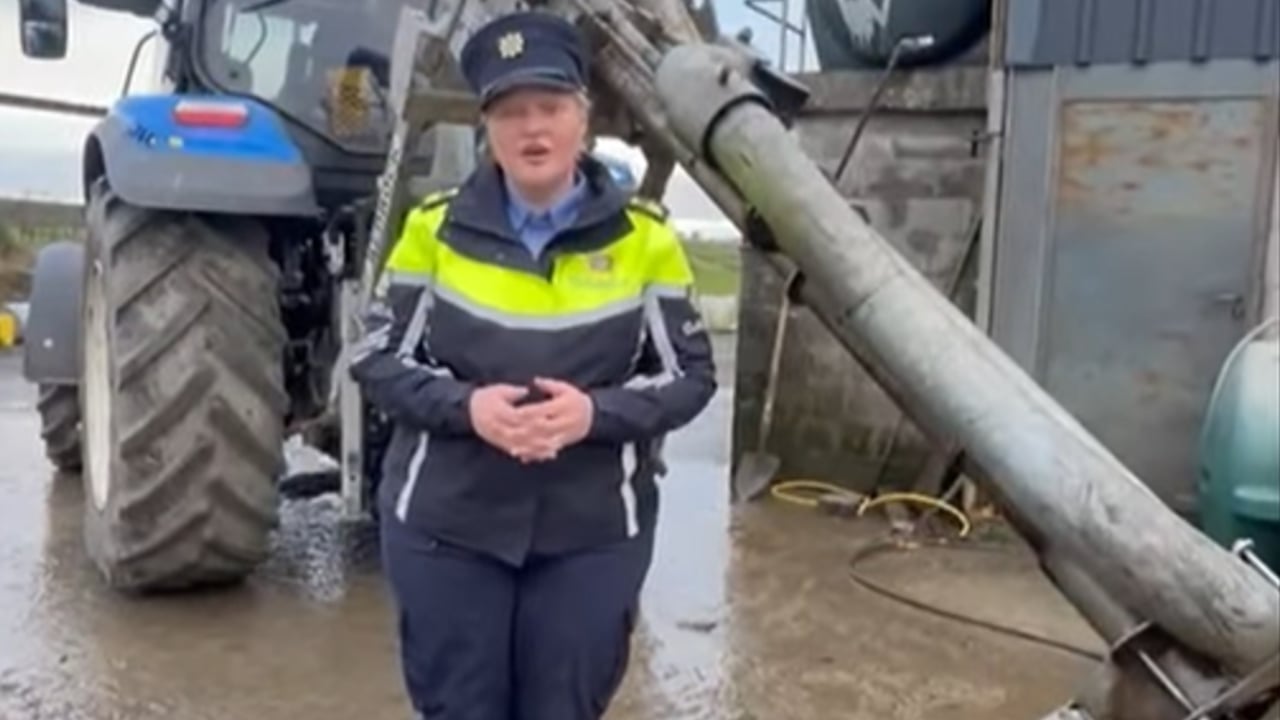Gardaí urge farmers to keep children and pets away from slurry
Gardaí in Co. Clare have urged farmers to take no chances when working with slurry now restrictions on spreading in zones A and B have been lifted.
Sgt. Edel Burke from Kilrush Garda Station said farmers should "make safety a priority this spring" and highlighted that working with slurry "is a very dangerous job".
Restrictions on slurry spreading in zones A and B were lifted on January 13 and restrictions in zone C will be lifted next week (February 1.)
In a social media post Sgt. Burke outlined some of the key dangers that farmers and contractors can face.
She said gasses released when agitating the tank are the most potent in the first 10 minutes, and farmers should also make sure that they have removed cattle directly above the tank before starting.
"When leaving the yard to empty the tanker, always cover the opening to the slurry tank and don't presume that no one will walk past.
"Ensure the PTO shaft on the tanker is covered with a safety chain, keeping the guard in a stationary position, always disengage the PTO shaft when switching the vacuum pump from fill to spread," she added.
Gardaí
Gardaí in Co. Clare have also warned farmers that a tractor must be able to handle a full tanker and the "brake safely underload".
Sgt. Burke added: "Tyres on the tanker should also be in good order.
"Check all lights work on the tractor and trailer and be careful when spreading on a sloped group."
She has also reminded farmers to keep children and pets "well away from slurry tanks and mix" and also of operating machinery generally.
Teagasc
According to Teagasc handling slurry is one of the most "hazardous activities on a farm".
"The main risk associated with handling slurry is being overcome by slurry gases, leading to poisoning, suffocation or drowning.
"Machinery risks include impact or crushing when attaching the agitator or tanker and entanglement on the PTO," it added.
It has also warned that slurry produces a range of gases based on the nature of the fermentation which occurs.
Teagasc has advised that indoor agitation points "are very dangerous" and should be avoided and one of the key rules in relation to slurry to remember is "evacuate, ventilate, agitate"





